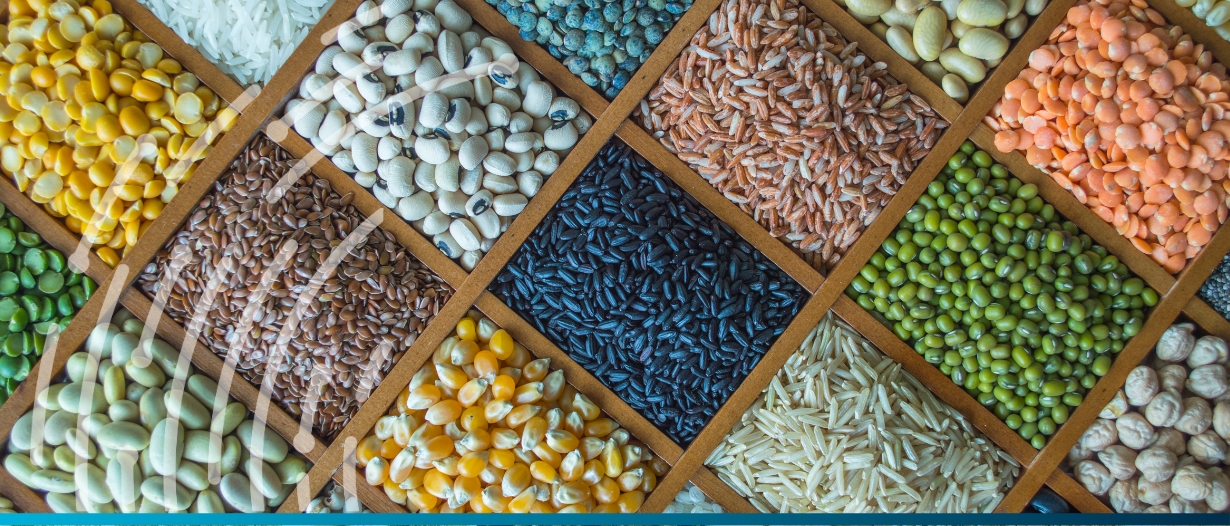Estimated reading time: 2 minutes
Najla Souza, Director at IBRAFE, the Brazilian Institute of Beans and Pulses, has highlighted the need for long-term trade policies between Brazil and India to ensure stability and growth in the pulses trade.
“We require policy consistency to justify increased investment in pulse cultivation,” said Njla Souza. Brazil exported 70,000 tonnes of urad (black gram) to India last year, establishing itself as the second-largest supplier after Myanmar.
India’s imports of pulses reached a six-year high of 6.63 million tonnes in 2024, double the previous year’s volume, as the world’s largest consumer of protein-rich legumes sought to tame domestic inflation.
The surge in imports (led by yellow peas, which accounted for 45% of total purchases) has prompted Brazil to position itself as a reliable alternative supplier to traditional pulse exporters to India such as Canada, Myanmar, Australia, Mozambique, and Tanzania.
However, Brazilian exporters – who represent agricultural small- and medium-sized enterprises (SMEs) and farmers – are seeking long-term trade assurances before committing to expanded production.
India’s strategy to liberalise imports through duty removals has led to record purchases. Chana (chickpea) imports quadrupled after duty elimination in May 2024, whilst masur (red lentil) imports rose 53% following similar measures.
However, the surge has sparked concerns within India’s domestic industry. “For the first time, protein-rich yellow peas have become cheaper than wheat,” said Bimal Kothari, president of the Indian Pulses and Grains Association, calling for measures to prevent “cheap dumping” in the market.
Brazil’s agricultural strategy involves crop rotation between soybean, corn, and pulses to maintain soil health. IBRAFE is actively promoting Brazilian varieties, including the protein-rich Carioca bean, to Indian households as part of its market diversification efforts.
Suresh K Reddy, India’s ambassador to Brazil, supports the partnership, suggesting that “enhanced sourcing would introduce competition and better pricing” in India’s domestic market, where imports constitute 15% of pulse consumption.
India is also aiming to import the likes of sunflower oil and Carioca beans from its South American partner. Simultaneously, Luis Rua, Brazil’s trade secretary, stated that Brazil is working with India to finalise a phytosanitary agreement for supplying pulses and edible oils.
Brazil imported Indian zebu breeds in the late 19th and early 20th centuries, later crossbreeding Gir with Holstein cattle to create the Girolando breed. This now accounts for 80% of Brazil’s milk production, yielding 30 to 40 litres per day compared to India’s 15 to 16 litres.
Rua proposed collaborating between the Brazilian Zebu Breeders Association (ABCZ) and Indian firms to improve cattle genetics; India’s milk productivity remains low due to small herd sizes and limited innovation advancements.
























